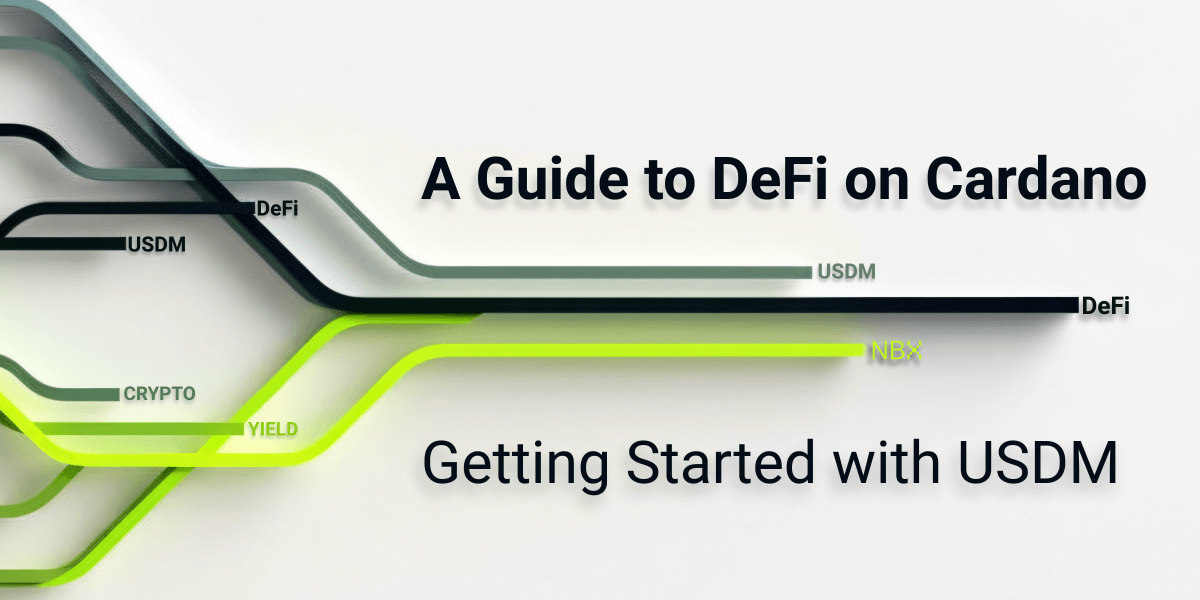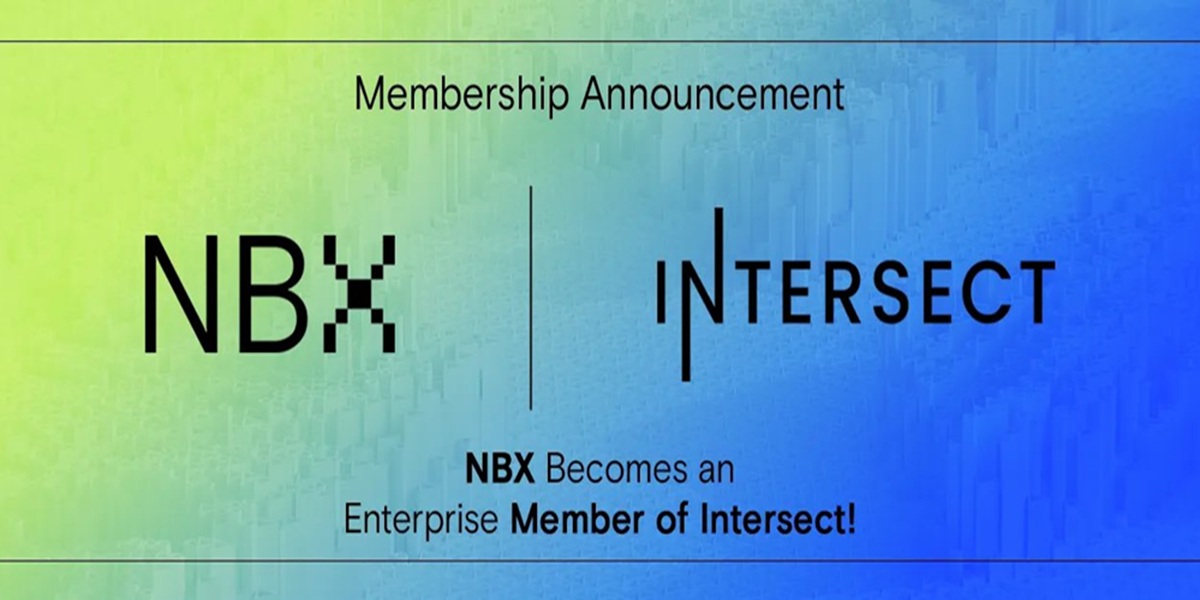Bitcoin, the first and most well-known cryptocurrency, is secured through a combination of cryptographic principles and decentralized network architecture. Here are the key elements that contribute to the security of the Bitcoin network:
Blockchain Technology
Bitcoin operates on a public and decentralized blockchain, which serves as a distributed ledger containing all transaction history. Each transaction is recorded in a block and linked together in a chronological chain. The blockchain ensures transparency, immutability, and resistance to tampering.
Proof of Work (PoW) Consensus
Bitcoin's consensus mechanism, known as Proof of Work, requires miners to solve complex mathematical puzzles through computational power. This process, called mining, involves validating and adding transactions to the blockchain. Miners compete to find the solution, and the first one to solve it is rewarded with newly minted bitcoins and transaction fees. The PoW consensus mechanism prevents malicious actors from controlling the network and ensures the majority of participants agree on the validity of transactions.
Cryptographic Hash Functions
Bitcoin utilizes cryptographic hash functions, such as SHA-256 (Secure Hash Algorithm 256-bit), to create digital fingerprints of data. Hash functions ensure the integrity and immutability of each block. Changing the data in a block would alter the hash, requiring the entire network to reach consensus on the updated version.
Public-Key Cryptography
Bitcoin employs public-key cryptography to secure transactions. Each participant in the network has a pair of cryptographic keys: a public key and a private key. The public key is used to generate a Bitcoin address, which is visible to others and used for receiving funds. The private key, known only to the owner, is used to digitally sign transactions and prove ownership, ensuring the security and authenticity of transactions.
Network Decentralization
The Bitcoin network consists of a distributed network of nodes that maintain a copy of the blockchain and participate in transaction validation. The decentralized nature of the network prevents a single entity from controlling or manipulating the system, enhancing security and resilience.
Incentives and Economic Security
The Bitcoin network provides economic incentives for miners to act honestly and secure the network. Miners are rewarded with newly minted bitcoins and transaction fees for their computational work. The economic security of the network relies on the assumption that the cost of attacking the network outweighs the potential gains.
Network Security Measures
The Bitcoin network incorporates various security measures to protect against attacks, such as firewalls, encryption protocols, peer authentication, and peer-to-peer protocols. Additionally, ongoing research, regular software updates, and community collaboration aim to identify and address vulnerabilities.
It's important to note that while Bitcoin's underlying technology and network provide robust security, individual users should also take precautions to secure their Bitcoin holdings, such as using secure wallets, strong passwords, and practicing good security hygiene.
The article does not constitute financial advice.


